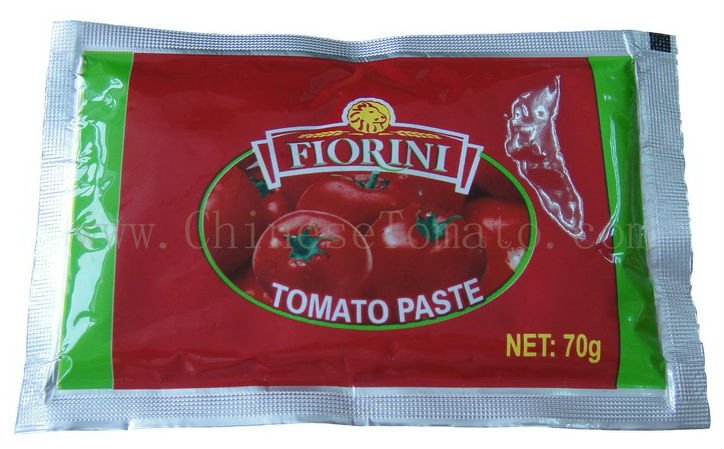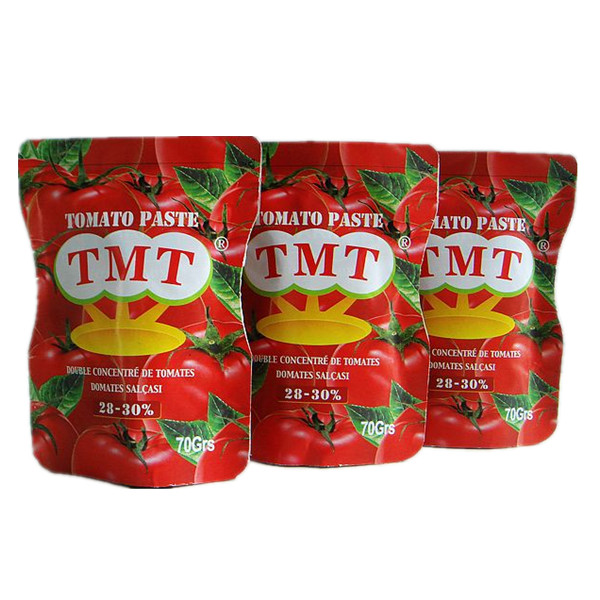Researchers from the Plant Molecular Cell Biology Laboratory at the Rockefeller University in the United States, and researchers from the Department of Plant Pathology at National Chung Hsing University in Taiwan have targeted the Arabidopsis thaliana miR159 precursor. Two gene silencing inhibitors, P69 for turnip yellow mosaic virus (TYMV) and artificial miRNAs (amiRNAs) for turnip mosaic virus (TuMV) HC-Pro, The transgenic Arabidopsis thaliana expressing amiR-P69159 and amiR-HC-Pro159 were found to be specifically resistant to TYMV and TuMV viral infections, respectively, and the results of this study are published in Nature-Biotechnology. Leading this research is the academician Cai Nanhai, a renowned botanist from Rockefeller University (foreign academician of Chinese Academy of Sciences and academician of Taiwanese Academy of Sciences). RNA silencing is a universal and ancient defense mechanism used by eukaryotes to resist the invasion of viruses, and the virus has correspondingly produced some functions in the course of evolution. Among them, the coding silencing suppressor is to fight RNA silencing. Effective strategy. They are able to interfere with RNA silencing from the host at different stages in different ways, thereby effectively establishing infestation. Plant microRNAs (miRNAs) regulate the expression of a large number of target mRNAs in cells by acting on mRNA regions complementary to their sequences. In this study, transgenic Arabidopsis expressing amiR-P69159 and amiR-HC-Pro159 were able to specifically resist TYMV and TuMV viral infection, respectively. The amiR-TuCP159 sequence targets the TuMV coat protein. Arabidopsis thaliana expressing amiR-TuCP159 is also specifically resistant to TuMV infection. The bimolecular precursor amiR-P69159/amiR-HC-Pro159 transgene was able to obtain both the amiR-P69159 and amiR-HC-Pro159 genes, and the plant expressing the dimer precursor amiR-P69159/amiR-HC-Pro159 transgene was able to At the same time, amiR-P69159 and amiR-HC-Pro159 were produced to simultaneously resist both viral infections. This is limited to the cellular level of antiviral ability and can be inherited. More importantly, this resistance is maintained at 15C, consistent with the temperature of small interfering RNA-mediated gene silencing. Researchers expect that this amiRNA regulation approach has a wide range of applications for multiple antiviral projects in crops.
We use organic and natural raw material. For Sachet Tomato Paste. there are 50g, 56g, 70g standing sachet and flat sachet for your choice. OEM specification and brand are available. The detailed packagings are as following:
50g*100sachet/ctn, 3500ctn/20'FCL
56g*100sachet/ctn, 3260ctn/20'FCL
70g*50sachet/ctn, 4600ctn/20'FCL
70g*25sachet/box*4box/ctn, 2270ctn/20'FCL
*Related Products:Tomato Sauce pouches,Tomato Paste price ton.
Sachet Tomato Paste Sachet Tomato Paste,Organic Tomato Paste,Sachet Packaging Tomato Sauce,Double Concentrated Tomato Paste,70g Pouch Tomato Paste,Tomato Sauce Packaging Plastic Bag Hebei Tomato Industry Co., Ltd. , https://www.hebeitomato.com
